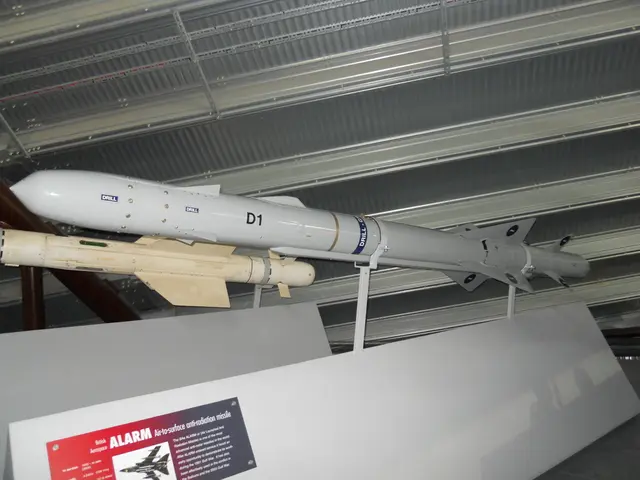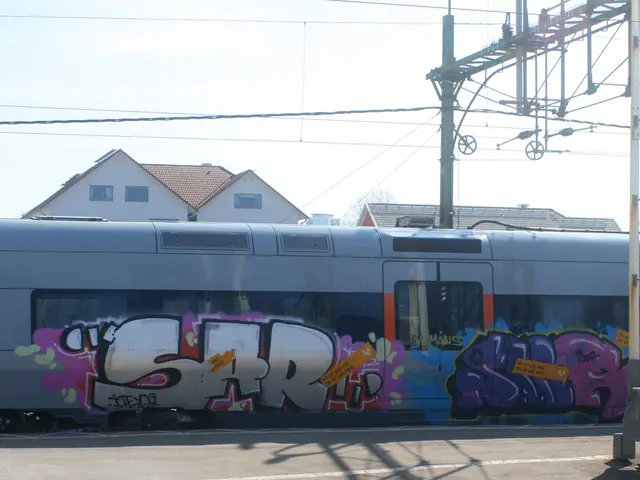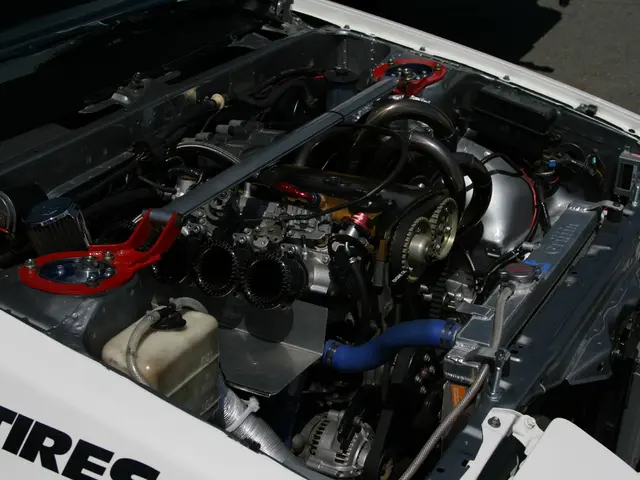Quanta Computer Invests €45M in German Plant as Re- and Nearshoring Boom Reshapes Europe
Taiwanese electronics giant Quanta Computer is investing around 45 million euros in a new plant in Germany. This move, along with numerous other re- and nearshoring initiatives, reflects a global trend driven by the COVID-19 pandemic and geopolitical instability. The goal? To strengthen supply chains and reduce dependence on distant suppliers.
Quanta's new plant aims to serve European customers more efficiently. This follows a broader trend: 56% of large European and American companies have already invested in re- or nearshoring, with over 70% planning to do so in the news years. Since 2021, over 3.2 million new industrial jobs have been created in Europe due to reindustrialization.
Small and medium-sized businesses play a significant role in this shift. Their innovative power, flexibility, and closeness to customers help build resilient structures against global disruptions. Major companies like BMW, Bosch, Intel, and Inditex are also investing heavily in Europe. BMW is moving production to Hungary and the Czech Republic, while Bosch is expanding in Hungary and Slovakia. Intel is investing 4.6 billion euros in Poland and planning a large plant in Magdeburg. Inditex, the parent company of Zara, is relocating production to Spain and Portugal for quicker responses to fashion trends.
Investors in these initiatives aim to mitigate geopolitical risks, enhance supply chain resilience, improve quality control, reduce lead times, and respond to increasing tariff pressures and labor cost considerations. They emphasize automation, digital factories, and integrating global and local production networks to boost responsiveness and risk mitigation. Between 2021 and 2024, around $2.4 trillion has flowed into these initiatives, with another $3.4 trillion expected by 2027.
The trend of re- and nearshoring is gaining momentum, with significant investments from major companies and institutional investors. This shift, driven by global disruptions and geopolitical instability, is reshaping European economies and creating new jobs. As companies like Quanta Computer continue to invest in the region, Europe's industrial landscape is set to become more resilient and self-sufficient.








